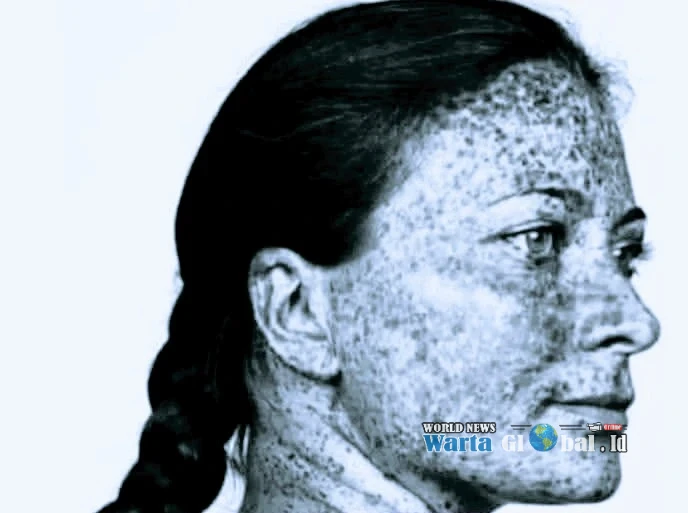"

Bali Indonesia. Id World WartaGlobal. Id
The State Must Be Present with Restorative Justice When a Life is Lost. The loss of a life in a criminal incident should not end merely in the formal legal process. The state has a responsibility to provide a just resolution, social recovery, and recognition of the rights of victims and their families through a restorative justice approach. Restorative justice is a method of resolving criminal cases that places the victim, perpetrator, and community in a mediation dialogue process to seek a just resolution and prioritize the restoration of social relations. In Indonesia, this approach has been regulated in several legal regulations that provide protection and procedures for the implementation of restorative justice, including in incidents resulting in death. This approach does not simply replace the formal criminal justice system, but complements it to ensure social healing and substantive justice are achieved. The state is present through the police, prosecutors, and community leaders to facilitate healing and peaceful agreements, preventing ongoing hostility and providing legal certainty for all parties. However, the implementation of restorative justice in cases of loss of life must be closely monitored to ensure that the rights of victims and justice are not neglected. Restorative justice opens up opportunities for recognition and fair compensation, while reducing the burden on the criminal justice system, which tends to focus solely on punishment. Thus, the state plays a role not only as a law enforcer but also as a facilitator of comprehensive recovery for both victims and perpetrators. Restorative justice is expected to become an increasingly trusted alternative resolution, particularly in tragic cases involving loss of life, to achieve humane and sustainable justice.
Views Post


